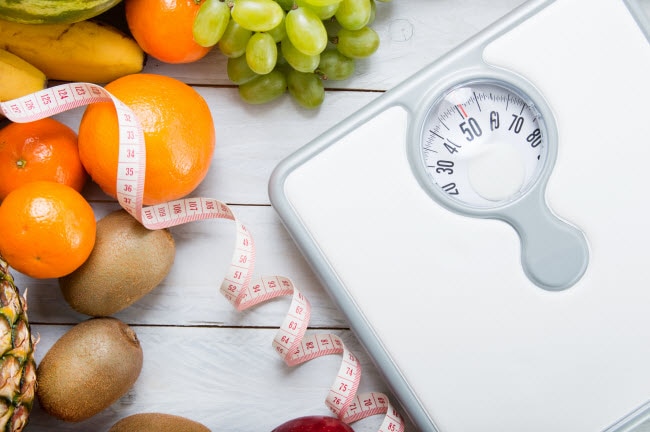From celebrities to health gurus and nutrition experts, it seems that just about everyone is raving about the ketogenic diet lately and the big benefits that it can bring. In addition to cranking up weight loss and fat-burning, the ketogenic diet is also thought to stabilize blood sugar, improve heart health and curb cravings.
However, many people start to feel frustrated when they hit a plateau and wonder whether the ketogenic diet can actually live up to the hype. Fortunately, making a few modifications to your daily routine can make a world of difference and can ensure you’re getting real results to support and sustain long-term weight loss.
Ready to get started? Here are eight of the most common reasons that the ketogenic diet may not be working for you, plus how to fix them.
1. You’re not getting enough physical activity
Solution: Hitting the gym is just as important as what you put on your plate. Engaging in regular exercise helps boost calorie-burning and decrease fat mass while also supporting overall health. Be sure to aim for 20-40 minutes of aerobic exercise per day, or 150-300 minutes of cardio each week. Resistance training activities such as bodyweight exercises or weightlifting can also help build strength and muscle mass.
2. Your expectations are too high
Solution: While the keto diet can definitely bump up fat-burning, it shouldn’t be viewed as a quick fix for instant weight loss. Going into the ketogenic diet with realistic expectations can help ensure long-lasting and sustainable success. Although you may lose weight faster during the first few weeks of the diet, you should aim for 1-2 pounds of weight loss per week to maximize results in the long-run.
3. You’re eating too many carbs
Solution: Decreasing carb intake is absolutely essential to reaching ketosis, a metabolic state in which your body begins burning fat for fuel instead of carbohydrates. For best results, keep carb consumption to just 30-50 grams of net carbs per day, which you can calculate by subtracting the amount of fiber in a specific food from the total grams of carbohydrates. Selecting nutrient-rich, high-fiber keto foods can help minimize your carb count while also supplying a steady stream of important vitamins and minerals.
4. You’re picking the wrong snacks
Solution: What you snack on throughout the day can either help or harm your weight loss progress. Loading up on the high-fat snacks, for example, can cause extra calories to pile on and slow weight loss. Meanwhile, low-calorie, nutrient-rich keto snacks can keep you feeling full between meals to manage hunger levels and keep appetite under control. Be sure to balance high-calorie snack options such as nuts and seeds with a few servings of low-calorie choices such as low-carb fruits and veggies for best results.
5. You’re loading up on the protein
Solution: Balancing your macronutrient intake is absolutely essential to making the ketogenic diet work for you. While cutting carbs and bumping up fat intake are both absolutely essential, it’s important to consider your protein intake as well. In fact, packing on the protein can cause it to be converted to glucose, which can keep you from reaching ketosis. Therefore, it’s best to keep protein intake in moderation, with about 20 percent of total calories coming from quality protein sources such as poultry, seafood, meat and eggs.
6. Your diet is low in nutrients
Solution: Tracking your macronutrient intake is a key component of the ketogenic diet. However, just because certain foods fit into your daily allotment for carbs, protein and fats doesn’t mean that they should be considered staples on a healthy diet. Processed meats, refined vegetable oils, prepackaged products and fast food, for example, are all low in vitamins and minerals, plus high in unhealthy additives and ingredients that you’re better off without. Instead, stick to unprocessed whole foods such as fruits, vegetables, proteins and heart-healthy fats to round out your diet and optimize health.
7. You’re too stressed
Solution: If the ketogenic diet still isn’t working for you after making modifications to your diet and exercise routine, consider that there may be other factors in the mix as well. High levels of stress, for instance, can increase levels of cortisol, a hormone that causes your body to store excess fat. Stress can also contribute to sleep deprivation, which can bump up levels of specific hormones that are responsible for regulating hunger. Yoga, meditation, journaling and aromatherapy are just a few techniques that can help reduce stress and keep you on track with your health goals.

